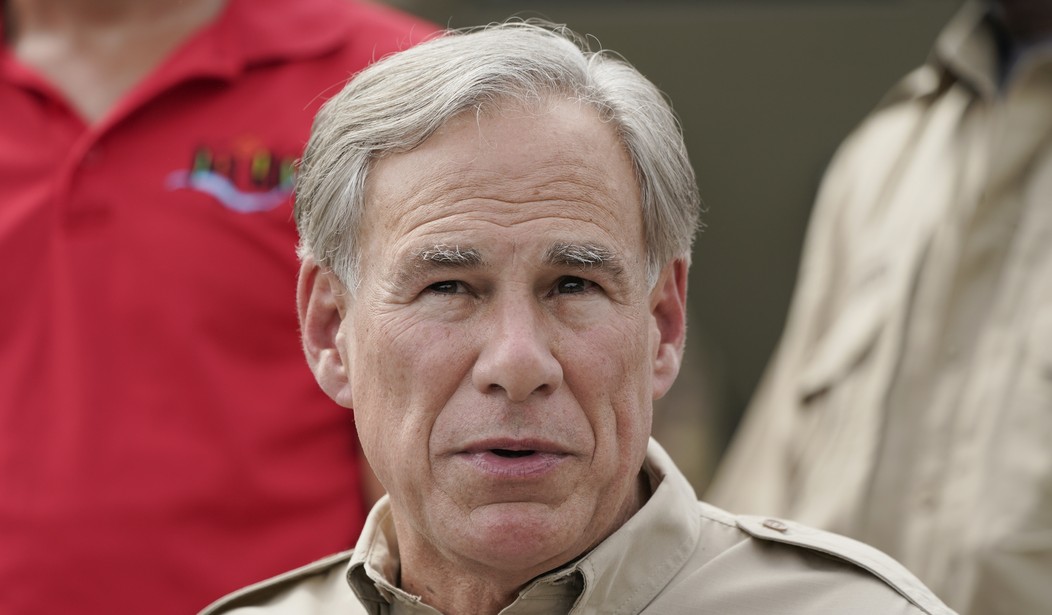A week after Sept. 11, 2001, I spoke with a disaster-response expert about terrorist targets in Texas. The Houston Ship Channel, "with all those refineries," was his first reply. How to protect it? He said: "You tell me."
In December 2020 Forbes magazine published an article by David Blackmon addressing the vulnerability of offshore oil and gas infrastructure to criminal and terrorist attack.
Worldwide pirates and terrorists routinely attack tankers and oil facilities. Nigeria is an example. Drug cartels have seized platforms in Mexican waters. Their thugs demand ransom to return the platforms to production and free the crews.
Blackmon is an expert in offshore vulnerabilities. "For Americans," he wrote, " ... tankers and facilities being damaged or coming under attack seem like someone else's problems ... the fact is that these key assets and infrastructure are vulnerable to water-borne and airborne assault." Airborne includes drone strikes.
The 2010 Deepwater Horizon offshore platform debacle cost BP around $70 billion and threatened the entire Louisiana coast. Terrorists and crooks could intentionally cause a Deepwater Horizon disaster.
So could an enemy nation-state. My 2001 Houston Ship Channel expert made that point.
In 2020, despite pandemic production drops, Corpus Christi, Texas, handled 55% of market share of U.S. crude exports. The canal from Corpus to Port Aransas to the Gulf of Mexico can be blocked in several places. Close Houston's or Corpus Christi's connecting channel and American energy and chemical supplies suffer an instant blockade, without the enemy risking naval forces. The entire U.S. economy suffers. The May 2021 Colonial Pipeline cyberhack's economic costs would pale in comparison.
Recommended
Who perceives our vulnerability? Communist China does. China doesn't need an Atlantic navy to conduct the operation, just saboteurs with position.
So, what do we do?
Some American leaders have real answers. At the moment, the most demonstrable reside in Texas.
This is legislative and executive fact, not Hollywood Texan brag: Texas has begun shouldering a defense burden that Biden Administration Beltway Washington (BABWA) has refused to bear.
Exhibit 1: The Lone Star Infrastructure Protection Act, SB 2116, authored by Republican Sen. Donna Campbell (mother of four and MD physician, of Texas Senate District 25) and Rep. Tan Parker, R-Flower Mound. The bill became law June 18.
Bureaucrat lingo: "Relating to prohibiting contracts or other agreements with certain foreign-owned companies in connection with critical infrastructure in this state."
Beyond jargon, there's serious national defense energy. About three years ago a Chinese energy company purchased around 130,000 acres near Laughlin Air Force Base, located near Del Rio, Texas. Thanks to the Biden administration's Haitian migrant border fiasco, Del Rio has national visibility. Laughlin is a U.S. Air Force Air Training Command field. That makes nearby land an intelligence-gathering site.
But there's more! The Chinese company, fronted by billionaire Sun Guangxin (with close ties to the Chinese Communist Party), also wanted to build a wind farm. War bingo: The wind farm would have access to the U.S. power grid.
Would the CCP hack the Texas electrical grid? I ask you.
When the bill became law, Parker said it sent "a clear message that we will not allow hostile foreign actors to access these vital elements of our great state."
I read recently that mainland Chinese actors are trying to acquire land near Yuma, Arizona. That's land in the vicinity of both weapons-testing and big-league intelligence training sites.
Exhibit 2: Gov. Greg Abbot's Operation Lone Star. The official description: "directing state military and police resources to the border to aid local and federal authorities in fighting the smuggling of people and drugs across the border."
Texas has a 1,254-mile border with Mexico.
On Sept. 17 Abbott secured $2 billion more in state border defense funding.
After signing the bill Abbott said: "It is the federal government's job to secure our border, but the Biden administration has failed to do its job, so Texas is stepping up to do what the federal government is supposed to do."
For the record, Rep. Chip Roy, R-Texas, has written a national bill very similar to the Campbell-Parker bill. Good on you, Congressman Roy.
























Join the conversation as a VIP Member